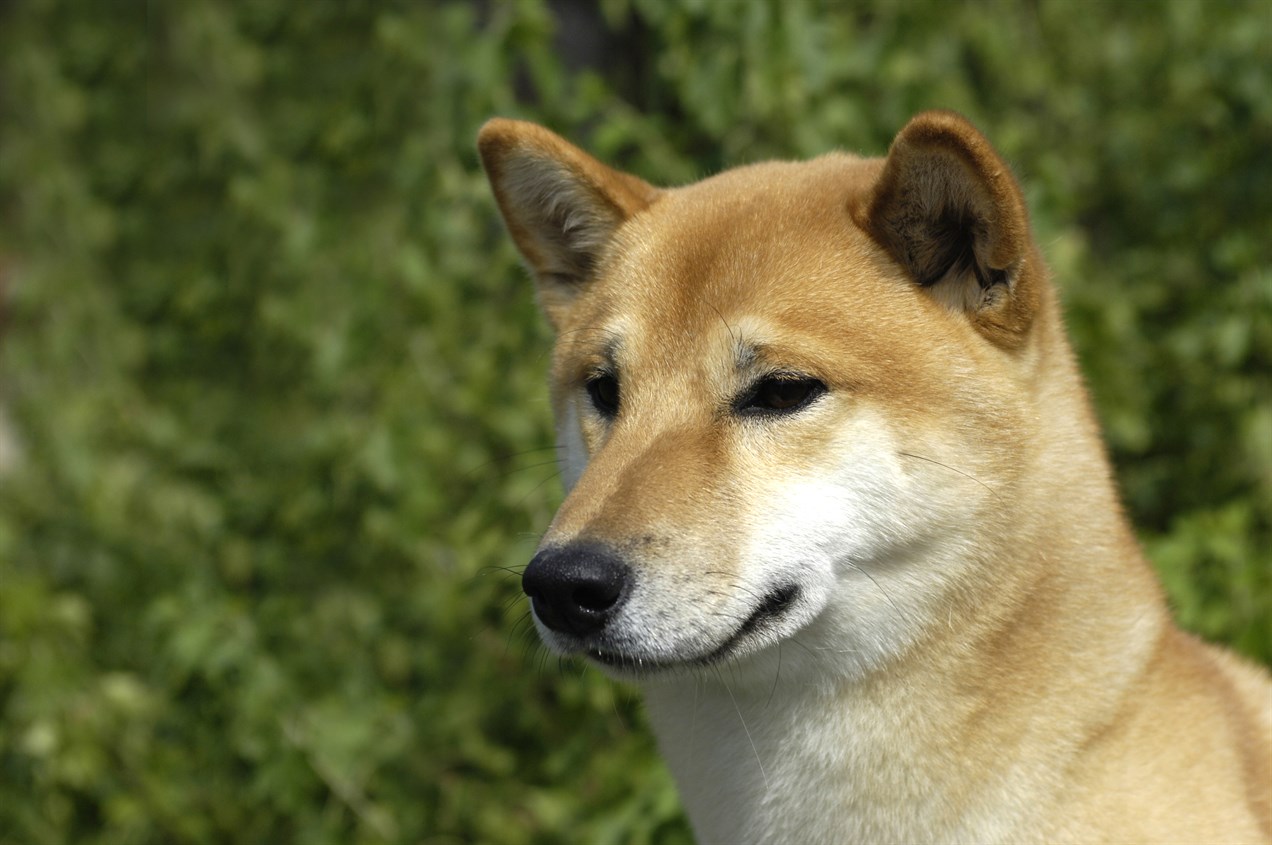The Canaan Dog: Considering the Downsides of Ownership

Owning a Canaan Dog can be a rewarding experience for the right person or family, but like any breed, they come with their own set of challenges and potential downsides. Before welcoming a Canaan Dog into your home, it's essential to understand these disadvantages to ensure that this breed is the right fit for your lifestyle and preferences.
Independence and Stubbornness
Canaan Dogs are known for their independent nature. While this quality can be an advantage in some situations, it can also translate into stubbornness during training. Owners may find them less eager to please than more obedient breeds, which can require patience and consistency in training.
Territorial and Protective Instincts
Canaan Dogs have strong territorial and protective instincts, which makes them excellent watchdogs. However, this trait can also lead to over-protectiveness and aggression if not properly socialized and trained. Managing their guarding instincts to ensure they are not overly aggressive can be a challenge.
Energy and Exercise Needs
These dogs are highly active and require a significant amount of exercise and mental stimulation. Failing to meet their physical and mental needs can lead to behavioral problems, including destructive behavior and excessive barking.
Socialisation Requirements
Early socialisation is crucial for Canaan Dogs to ensure they are well-adjusted and comfortable in various situations and around different people and animals. This can be time-consuming and may require consistent effort.
Grooming and Shedding
While not overly demanding in terms of grooming, Canaan Dogs do shed, especially during seasonal changes. Regular brushing can help manage their shedding, but it's important to be prepared for some level of fur around the house.
Reserved Nature
Canaan Dogs tend to be reserved around strangers, which can make them aloof or stand-offish in social situations. While this is a protective trait, it can be challenging for owners who desire a more outgoing and sociable dog.
Health Concerns
Like all breeds, Canaan Dogs are susceptible to certain health issues, including hip dysplasia and progressive retinal atrophy. Responsible breeders conduct health screenings, but potential owners should be aware of these concerns and prepared for potential veterinary expenses.
Rare Breed Status
Canaan Dogs are relatively rare in many parts of the world, which can make finding a reputable breeder difficult. Potential owners may need to be patient and willing to travel to acquire a well-bred Canaan Dog.
Not Ideal for Novice Owners
Due to their independent nature and specific needs, Canaan Dogs may not be the best choice for novice dog owners. They require experienced handlers who can provide consistent training, socialization, and exercise.
In conclusion, while the Canaan Dog is a unique and fascinating breed, potential owners should be aware of the challenges and disadvantages associated with their ownership. Responsible ownership involves understanding and addressing these issues, ensuring that the Canaan Dog's needs are met, and providing a loving and stimulating environment for them to thrive. For individuals and families with the right lifestyle and experience, a Canaan Dog can make a loyal and rewarding companion.
Canaan Dog puppies for sale
- Find Canaan Dog puppies for sale in ACT
- Find Canaan Dog puppies for sale in NSW
- Find Canaan Dog puppies for sale in NT
- Find Canaan Dog puppies for sale in QLD
- Find Canaan Dog puppies for sale in SA
- Find Canaan Dog puppies for sale in TAS
- Find Canaan Dog puppies for sale in VIC
- Find Canaan Dog puppies for sale in WA